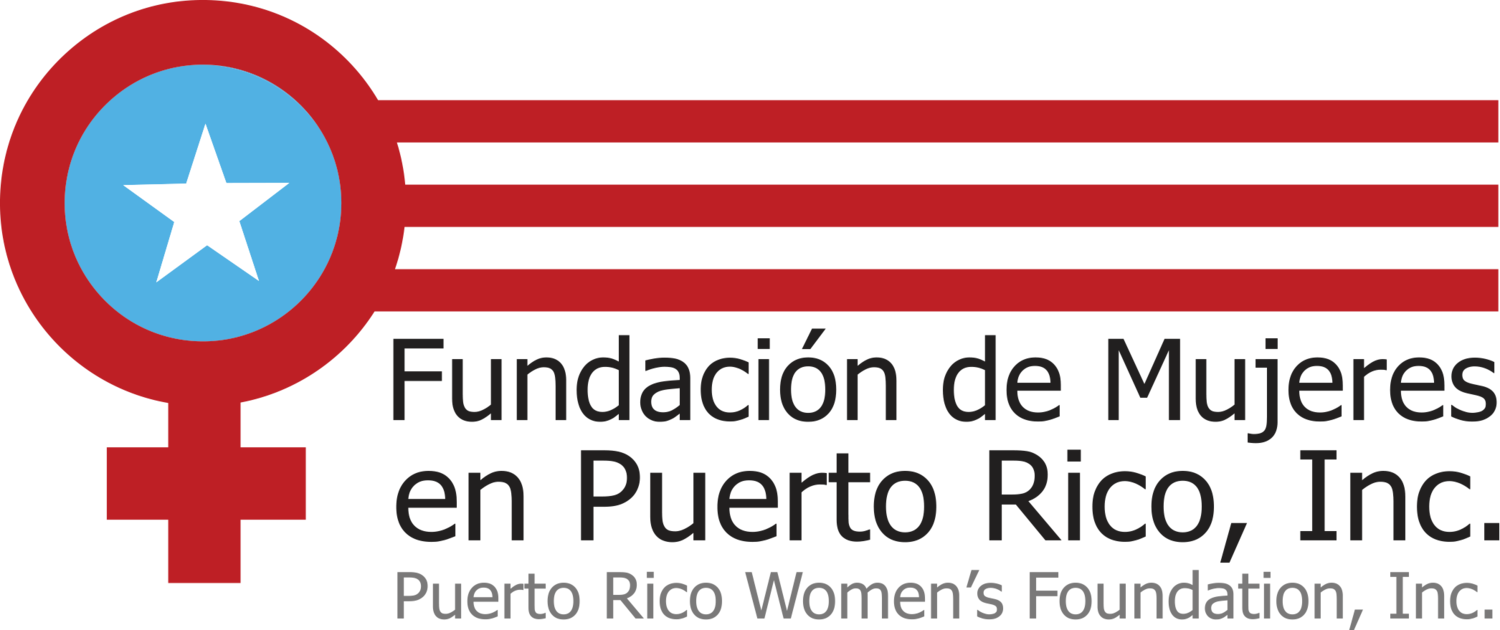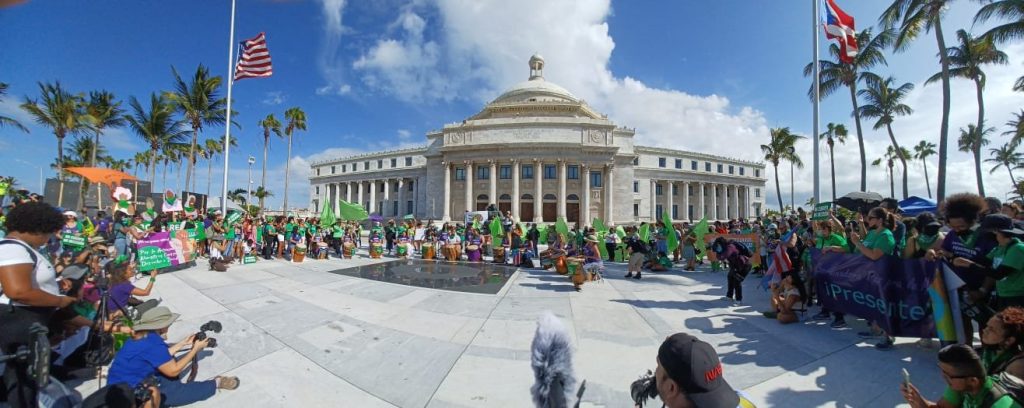This article was originally published in El Nuevo Dia.
Reproductive justice is about human rights, health, and economic development. Women, in all their diversities, must have the right to decide when and in what circumstances they want to give birth. A person’s determination about her or their own life is an important aspect.
The decision of the United States Supreme Court, which overturned the ruling of Roe v. Wade on the constitutional protection of the right to abortion, is a slap in the face by an institution that is created to protect and expand human rights, not eliminate or diminish them. It is a threat to access to contraceptives and to in vitro fertilization. Also, it is dangerous for pregnant people who require an abortion by decision or by medical conditions, because there are professionals who will refrain from performing them for fear of criminalization.
In this situation, the support and funding of the philanthropic community towards community-based organizations that fight and protect reproductive rights are fundamental. The creation of support and information networks triggers other initiatives that involve communities with greater vulnerability.
We cannot stand by and watch the anti-rights attack in Puerto Rico and the world. We must stand alongside social justice and human rights. As a philanthropic community, we have the power to change history and help make Puerto Rico an example of equity and reproductive justice.
For a society to have reproductive justice, adequate health services based on science and the criteria of medical professionals must be guaranteed.
Also, there are economic reasons that are critical. In a society where health services are expensive, forcing motherhood traps the most vulnerable families in a continued cycle of poverty that passes on to other generations.
Reproductive rights are therefore an essential part of the composition of a democratic society open to all people equally. From a society where women and pregnant people play an active role in the decisions that are theirs to achieve gender equality, social justice, economic development, and, in general, a society of love, peace, and justice.
However, when states and territories take control over reproductive processes, reproductive justice is lost.
In Puerto Rico, numerous bills had been introduced to control, suppress and prevent the right to abortion. Senate Bill 693 is the latest attempt and seeks to ban pregnancy terminations after the 22nd week of gestation. Another project seeks to restrict abortion by identifying fetal heart activity, usually perceived from the sixth week of pregnancy, and another aimed to penalize women with 99 years in prison for terminating their pregnancy. However, a sex offender is given only 30 years. The latter was withdrawn the same day as it was presented.
Abortion in Puerto Rico is legal even with the decision of the U.S. Supreme Court. It is up to us to protect that right and make it accessible and safe for women and pregnant people.
Let us remember that reproductive rights are involved in the issues of civil, health, and economic rights of communities. Now more than ever, donors and the philanthropic community need to listen to the reproductive justice movement, establish strategic partnerships and invest in its actions and long-term impact.
Access to sexual and reproductive rights opens the door to other areas of social life, such as education and employment. Preventing access to these services replicates discrimination and gender stereotypes against women, pregnant people, girls, and feminized persons. Supporting the reproductive struggle is crucial to countering regressive efforts that threaten gender equality and, consequently, impact the communities we want to support.

